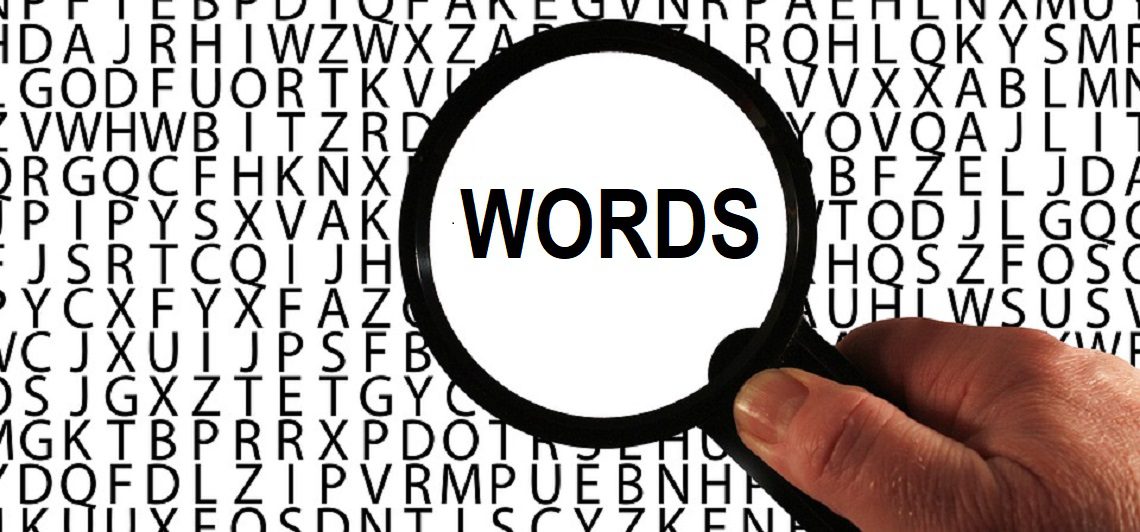by Spectrum Health
Do the words we use really matter? Do they have that big of an impact on ourselves or anyone else in the long run? What difference does these words really make?
Words And Difficult Choices
We’ve all said things before that mean or imply something we’d never considered, and this can have an impact on our behaviour and wellbeing. Often when we say we “can’t” do something, what we really mean is that we’re choosing not to. It may very well be the case that you feel you aren’t able to do something sometimes because the alternative feels so difficult.
It is important to remember that in these situations you have a choice about whether or not you actually do it. You may choose not to and that’s OK; however it is important to recognise that you are making a choice in that situation.
Food For Thought
Think of the last time someone asked you to do something you felt you couldn’t do because you felt scared to. Maybe you were asked to speak at a recent event and you thought to yourself, “I’d love to be able to speak in front of a large group of people, but I can’t.” What you’re really saying to yourself is “I’d love to be able to speak in front of a large group of people, but I choose not to because it’s uncomfortable.”
If this is still the behaviour you choose then so be it, however one of the key parts to changing our experience is changing our behaviour. This starts with recognising that we make choices about what we do and don’t do.
Ifs, Ands Or Buts
“But” is another word that has all kinds of meanings and implications embedded in it which you may not be aware of. Consider when the word “but” is used. What does it mean? Let’s think about the following sentence: “I want to be in a relationship but I’m worried if someone gets close to me I could get hurt.” The underlying message here is that no matter how much you want to be in a relationship, don’t risk it because you could get hurt.
Now let’s look at the same sentence with one slight change: “I want to be in a relationship and I’m worried if someone gets close to me I could get hurt.” The subtle change here is that a relationship is something that the person wants and they are aware that this comes with risks.
It doesn’t mean that the risks are too great to try it; it simply means they are something the person accepts and could decide that the risk is either worth it or not. Either way, small changes like this can go a long way to empowering someone in making their own choices.
Obviously tweaking a couple of words in our vocabulary is not going to fundamentally change our experiences, but it does open up the possibility of change by giving us a moment to recognise what assumptions we may be making that we are unaware of.
Growth Mindset
Having a growth mindset means being open to the idea that you have the power to grow and make change, and a key starting point is the words we use in our self-talk. When you tell yourself that you “can’t” do something, you’re robbing yourself of the power to make a choice, because you’re telling yourself a choice isn’t there.
One of the reasons it is helpful to identify these as choices, even when sometimes they may feel like they aren’t, is because it gives you back your power. It’s deflating and unmotivating when you feel like you’re in a situation in which you have no control.
Once you come to realise that you are, in fact, making choices, this allows you to explore avenues in which you can make changes to your behaviour which, over time, generally results in changes in your experience.









































